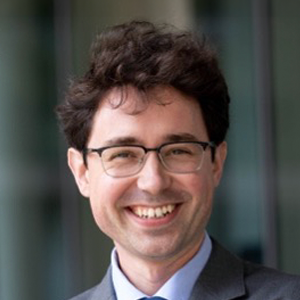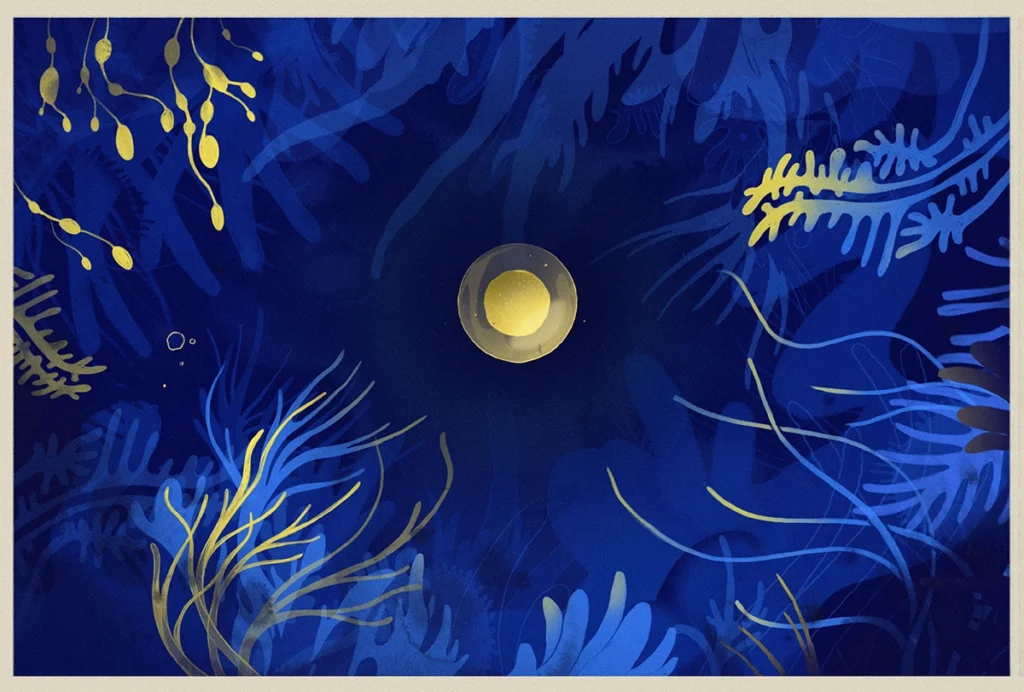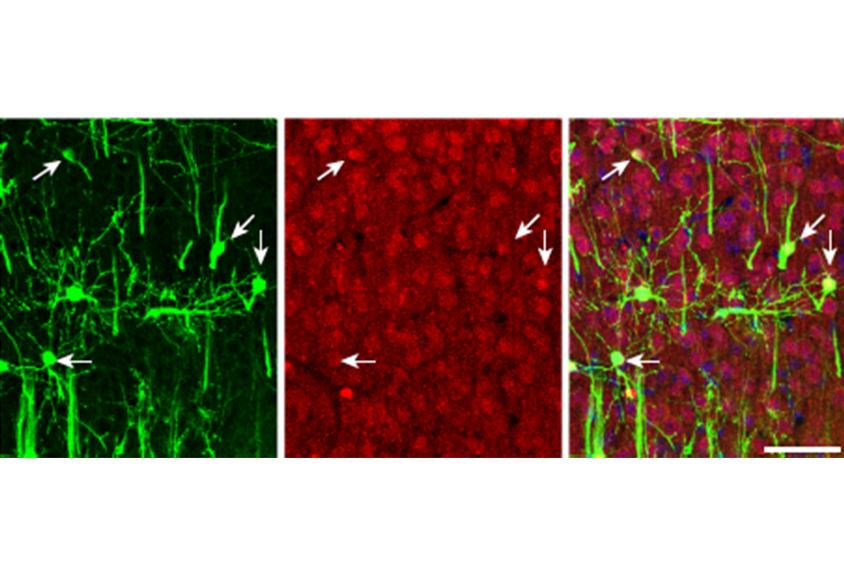Tomasz Nowakowski is associate professor of neurological surgery, anatomy and psychiatry and behavioral sciences at the University of California, San Francisco. He is also a member of the Weill Institute for Neurosciences and the Eli and Edythe Broad Center of Regeneration Medicine and Stem Cell Research at the University of California, San Francisco. His independent research laboratory employs scalable technologies to address fundamental questions about the development, structure and function of the brain.
He completed his Ph.D. in the molecular and cellular basis of disease at Edinburgh University, supported by the Wellcome Trust. As a graduate student, he investigated the roles of microRNAs in mammalian brain development. He subsequently completed postdoctoral training at the University of California, San Francisco, where he leveraged emerging single-cell sequencing technologies to identify molecular signatures of progenitor cell subtypes in the human brain.
He is a member of the BRAIN Initiative Cell Atlas Network, the Chan Zuckerberg Initiative Pediatric Cell Network, the psychENCODE Consortium, SSPsyGene, the Armamentarium consortium and Convergence Neuroscience. He is a recipient of the Cajal Club’s Krieg Cortical Kudos Cortical Explorer Award, the Sontag Foundation’s Distinguished Scientist Award, Klingenstein-Simons Fellowship in Neuroscience Award and the Joseph Altman Award in Developmental Neuroscience. He also received honorable mention for Daniel X. Freedman Prize and was a finalist for the Eppendorf & Science Prize for Neurobiology. He is a New York Stem Cell Foundation Robertson Neuroscience Investigator.




